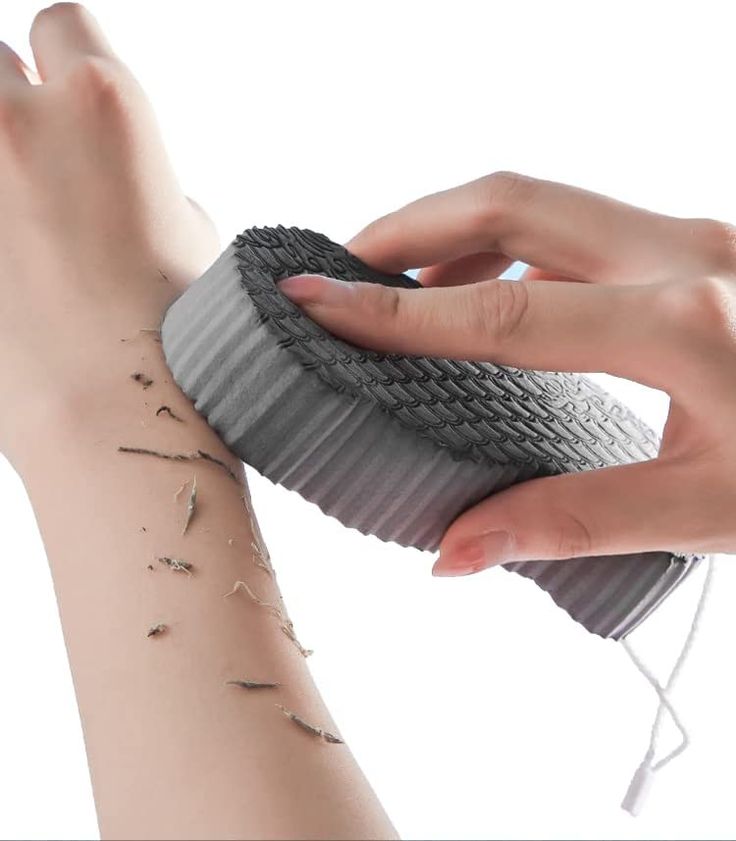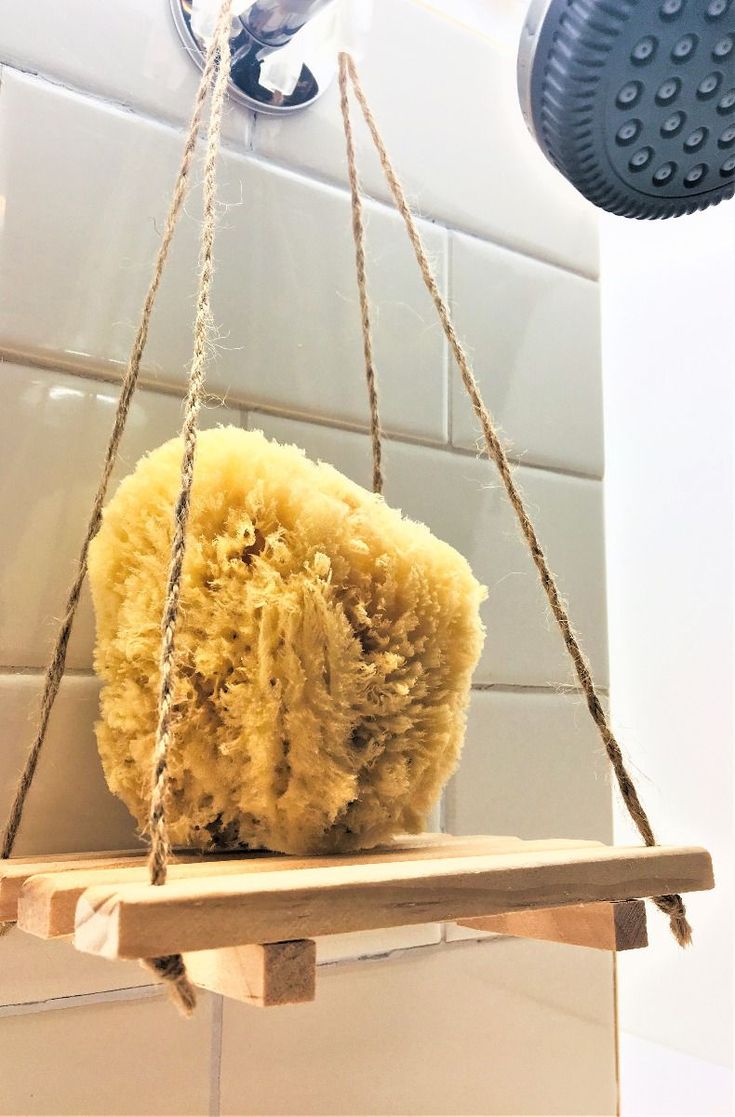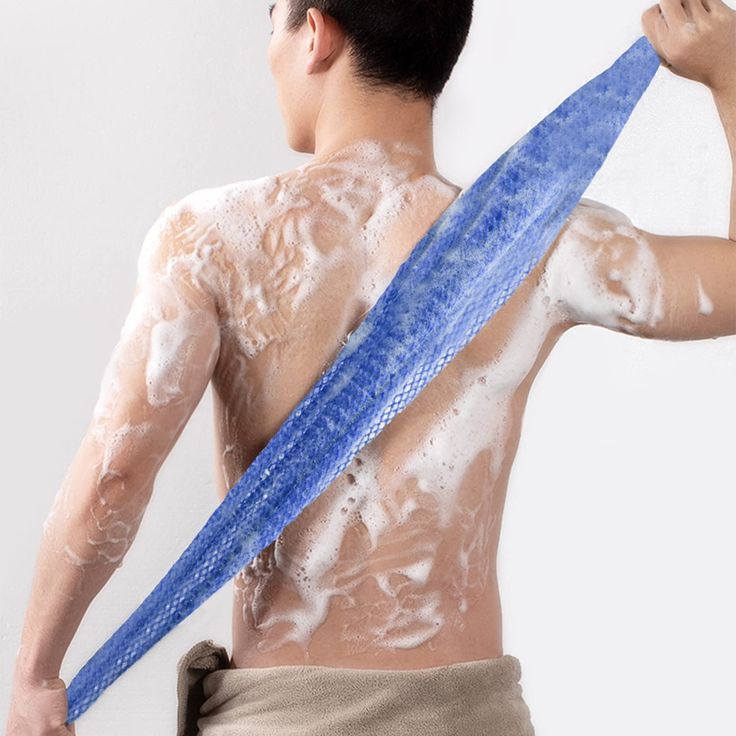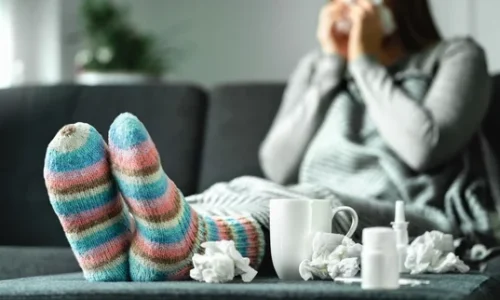- Catherine Maborukoje
- Hygiene, Infections, Sponge
- 0 Comments
- 1543 Views
Some of the things it can cause are redness, dryness, and flaking.
We all love that natty feeling of a refreshing shower. We all, probably believe, becoming so neat is all about a hard sponge deployed to fight the war of dirt on the surface of our skins.
I have always held this belief in my heart until I listened to Dr. Chinonso Egemba, the founder of Aproko Doctor, an online medical resource where medical tips are given through reels in Nigeria.
Dr Egemba, who is known for making a lot of controversial statements, faulting existing medical and hygiene beliefs while reinventing new medically advisable therapies for a healthy lifestyle, recently revealed that using a sponge, especially, a crusty one to scrub our skin might be one of the major causes of skin infections.
In a one-minute reel, the Doctor says the use of the innocuous shower tool—sponge—may be putting our skin at a higher risk of troubling infections.

A study by the Source Vital Apothecary, also reveals that the use of sponges may not be entirely wrong. Detailing that gentle exfoliation can be beneficial for the skin but, over-exfoliation can cause damage and irritation.
This extends to the use of a facial sponge that frequently applies too much pressure on the face. Some of the things it can cause are redness, dryness, and flaking.
Meanwhile, it can also make Staphylococcus and Streptococcus pyogenes thrive in the nooks and crannies of the body system. The result is always not going to be palatable. Skin infections like folliculitis (painful, pimple-like bumps) and even highly contagious impetigo, cause unsightly red sores and blisters can walk in.
But it’s not just the bacteria that’s the problem – the abrasive nature of sponges and loofahs can also physically damage our skins, especially through excessive scrubbing—and over-exfoliation. This microtrauma creates an entry point for those parasitic germs to infiltrate and wreak havoc.

The first major solution is to avoid over-exfoliating. This will limit the use of hard sponges and can contribute to the use of facial sponges no more than two to three times per week, featuring gentle application of no pressure when using it.
Some groups of dermatologists have also emphasized the importance of good hygiene habits when it comes to our shower tools. Replacing loofahs, sponges, and other accessories every 3-4 weeks is a must, and thoroughly rinsing and drying them between uses is key.
Unfortunately, many of us are a bit lax when it comes to caring for our shower tools. Those who don’t replace sponges regularly, fail to dry them out or scrub too vigorously are at a higher risk of developing those pesky skin infections.
But a little extra attention to hygiene can go a long way in keeping our skin healthy and glowing. So ditch the dirty sponge, invest in some new shower accessories, and enjoy the cleansing benefits without the unwanted side effects.
READ ALSO: 10 Must-have Summer Jewellery to Top up Your Accessories Game











